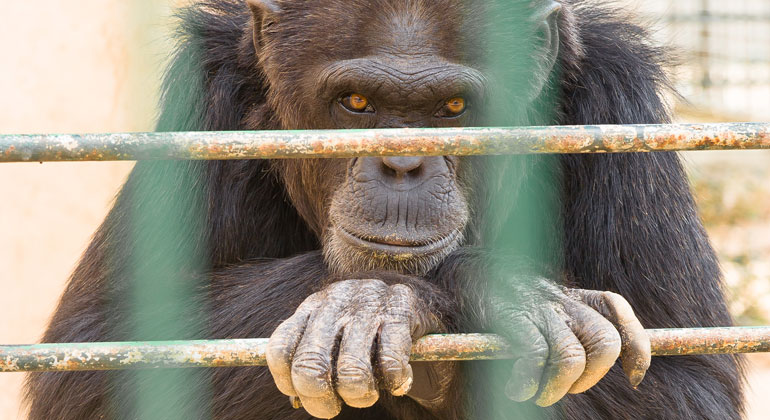New EU-Eurojust report reveals organised crime groups behind environmental crimes
A new report by Eurojust, the EU’s judicial cooperation body, reveals that organised crime groups (OCGs) are behind cross-border environmental crime.
At the same time, paradoxically, despite huge profits from these crimes (estimated at USD 30-70 billion per year. Source: OECD), statistics show that environmental crime is seldom prosecuted by national authorities. The number of cases referred to Eurojust is very low, despite the need for a cross-border approach to achieve convictions, which Eurojust explained at a briefing in Brussels on 21 November.
The long list of environmental crimes includes:
- Dangerous waste illegally exported to third States from Italy and Ireland
- Different forms of water pollution in Greece, Hungary and Sweden
- Illegal export of bird eggs and monkeys
This very first report by Eurojust on environmental crime focuses on three topics and looks at national enforcement structures, access to expertise, and possible solutions to tackle the challenges of trafficking in endangered species, illegal trafficking in waste, and surface water pollution.
Key findings
- The proceeds of environmental crime are very high, yet the penalties are low;
- Links to OCGs and illegal trafficking in waste are underreported or simply not investigated;
- Lack of coordination among competent authorities at both national and international level, e.g. the public prosecutor does not receive the necessary information from customs or veterinary authorities;
- To a large extent, national authorities fail to tackle cases in a cross-border manner;
- Implementation of EU legislation at national level differs from Member State to Member State. This fact hampers a harmonised, cross-border approach to fighting environmental crime; and
- Some Member States do not have the proper organisational structures in place, e.g. dedicated police units or prosecutors focusing solely on environmental crime. Sweden, the UK and the Netherlands have such dedicated prosecutors.
Key solutions
- Intelligence is a must for this type of crime. Better intelligence-gathering at Member State level must be developed through a multi-disciplinary approach, in which different authorities cooperate better, and sharing of best practice and expertise; and
- Eurojust’s early involvement in the coordination of investigations and prosecutions and a more systematic use of its tools – joint investigation teams, coordination meetings and coordination centres – to more effectively fight serious cross-border environmental crime.
Report-Download: “Strategic Project on Environmental Crime”








